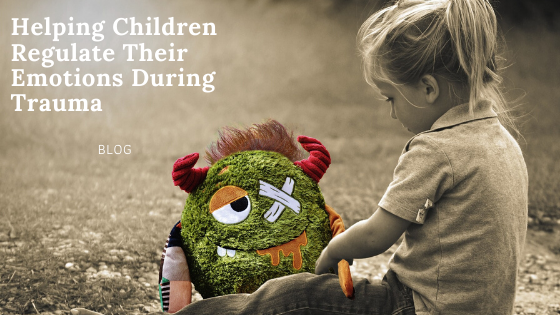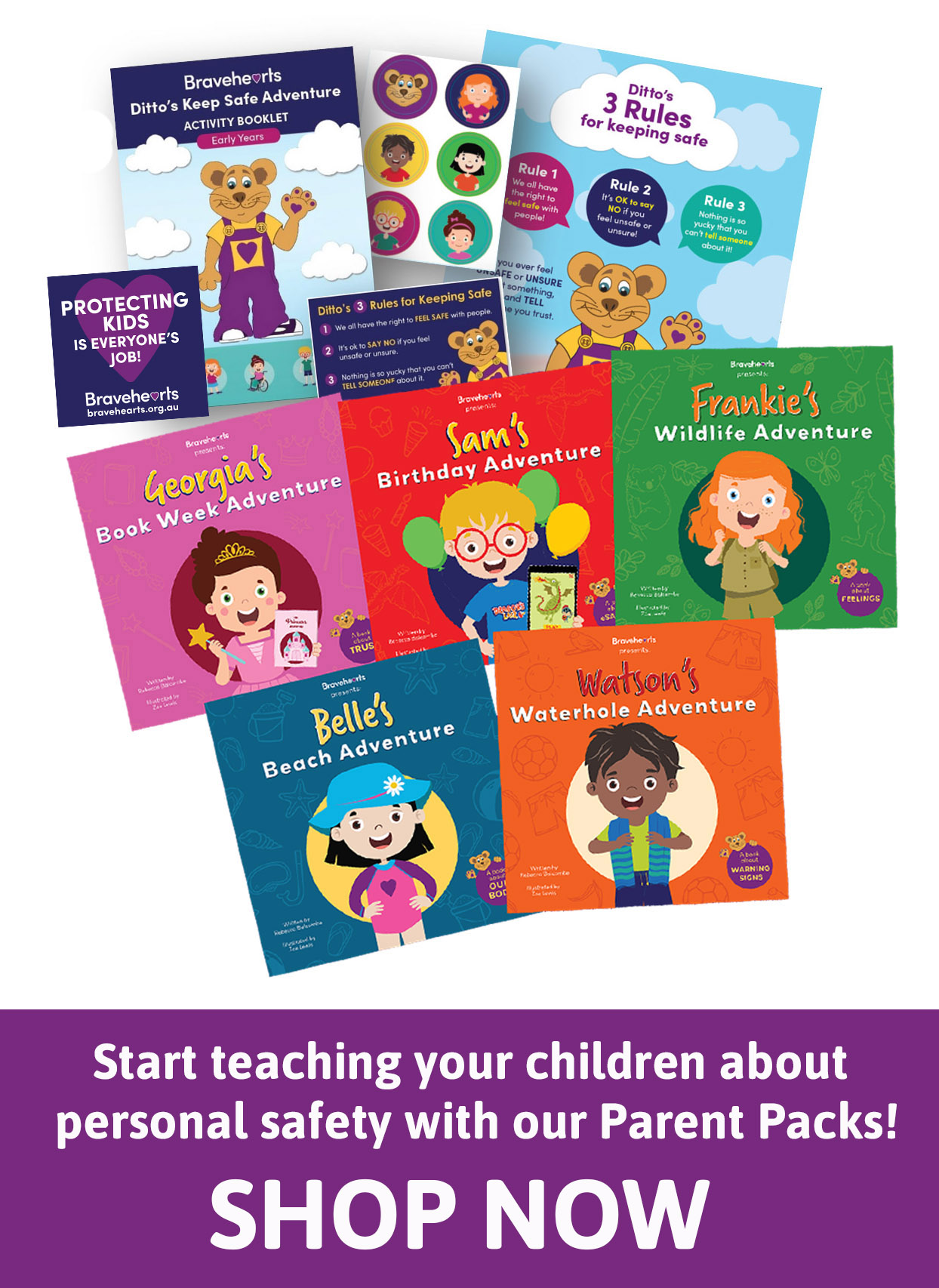Category
Helpful Links
- Home > Latest News > Helping children regulate their emotions after they’ve experienced trauma
 Childhood trauma has been linked to a number of emotional and behavioural problems in children. For example, when they are exposed to stress, children who have experienced past trauma may have trouble calming themselves down, recognising other people’s emotions, understanding the consequences of their actions, remaining in control of themselves and may lose awareness of their surroundings.
Childhood trauma has been linked to a number of emotional and behavioural problems in children. For example, when they are exposed to stress, children who have experienced past trauma may have trouble calming themselves down, recognising other people’s emotions, understanding the consequences of their actions, remaining in control of themselves and may lose awareness of their surroundings.
Children who have experienced trauma may:
- Try to control situations, especially the feelings and behaviours of attachment figures.
- Engage in power struggles.
- Feel empowered by saying “No!”
- Cause emotional and, at times, physical pain to others.
- Strongly maintain a negative self-concept.
- Have a limited ability to regulate their emotions.
- Often avoid reciprocal fun, engagement and laughter.
- Avoid needing anyone or asking for help and favours.
- Avoid being loved and feeling special to someone.
What can you do to help?
Children learn early in infancy, via their parents and carers’ guidance about how to react to situations, through soothing words, physical contact and play. Therefore soothing and comforting them during times of stress, assists the child to develop the skills needed to cope with future stress. As your child is having trouble understanding their own feelings and reactions, lead the child by putting words to their experience, i.e. “I can see that you are upset now.”
- Help the child to regulate their body and teach physical boundaries by safely holding them, safely touching, safely playing with and comforting them.
- Be present with the child and speak calmly and quietly.
- Maintain eye contact, remain confident and make sure any directions given are simple.
Tips for handling stress with your child
Withdraw from any triggering environments. If you know something or someone upsets, scares or angers your child, remove them from that stress.
Repetitive and rhythmic actions, music and movements such as dancing, drumming, singing and safe touch can help with the restoration of delayed brain development.
Use your voice and gestures to convey empathy. Don’t use them to threaten or coerce. Be aware that your own ability to control your emotions serves as a model for the child.
Try to understand the child’s behaviour before responding, i.e., why are they doing that behaviour? What need is being met by them acting that way? Strive to always have empathy for your child.
Be consistent, predictable and repetitive.
- Provide opportunities for enjoyment, laughter and fun every day. Don’t use it as a reward and don’t take it away as a punishment.
- Remember that negative behaviours will decrease as a sense of safety increases.
 BACK
BACK
